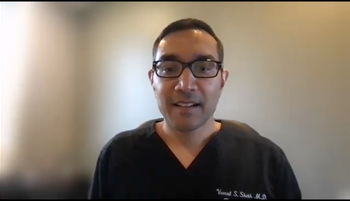
Veeral S. Sheth, MD, MBA, Director of Clinical Research at the University of Retina and Macula Associates, discusses advanced therapies for retinal diseases.

Veeral S. Sheth, MD, MBA, Director of Clinical Research at the University of Retina and Macula Associates, discusses advanced therapies for retinal diseases.

Following GS030 optogenetic therapy, the first treated patient was able to locate and count objects on a table and could identify crosswalks in the street.
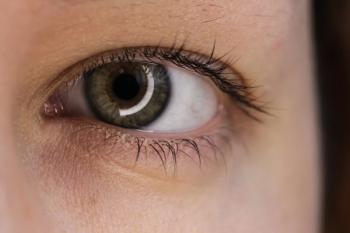
Findings from the phase 2 INFINITY trial identified dose-dependent safety outcomes of ADVM-022 in patients with diabetic macular edema.

The 2-dose vaccine has been approved for use 9 months after its Emergency Use Authorization (EUA).
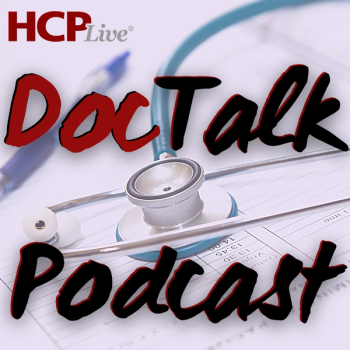
A podcast interview with study author Paul Yang, MD, PhD, on the current research and future implementation of the agent.
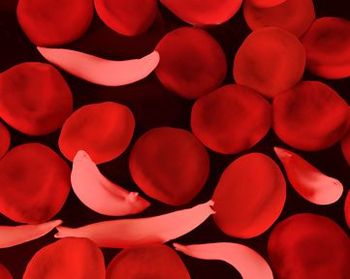
A budget impact analysis suggest the burgeoning drug class may not be as available as it could be for sickle cell patients.
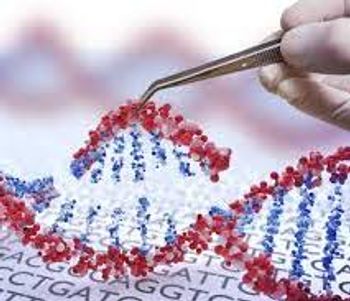
Descriptive findings from the phase 1/2 study allude to promise for the gene therapy in the rare pediatric disorder.

New phase 2/3 findings meet investigators' hypotheses on the gene therapy's mixed benefits for heparan sulfate reduction.

The AAV-based gene therapy was well-tolerated and showed enough promising effect to warrant further investigation, researchers reported.

Investigators observed sustained, dose-dependent benefits for young patients at 24 months.
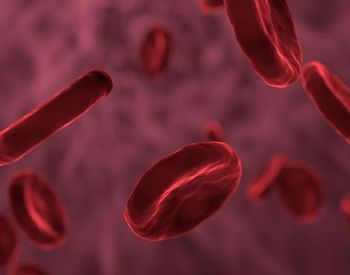
The HSPC therapy showed fetal hemoglobin production in transfusion-dependent patients in a matter of months—with sustained results over 1 year.

New WORLDSymposium findings show a treated patient had 100% reduction in the accumulating fatty substrate associated with the burdensome rare disease after 1 year.

New one-year data makes history as the first to indicate the superiority of a one-injection gene therapy versus Factor VIII prophylaxis.
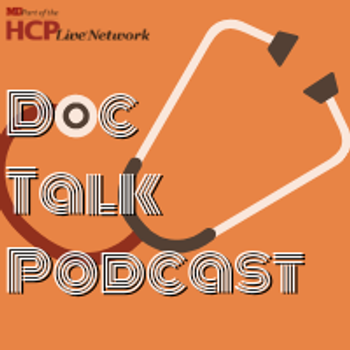
The UCSF hematologist discusses the growing portfolio for the sickle cell therapy after ASH 2020.

The historic phase 3 HOPE-B trial shows all but 1 treated patient discontinued prophylaxis after a single dose of etranacogene deaparvovec.

The second process of ARU-1801 in a new patient resulted in up to 4 times greater engraftment of transduced hematopoietic stem cells and progenitors at 6 months.
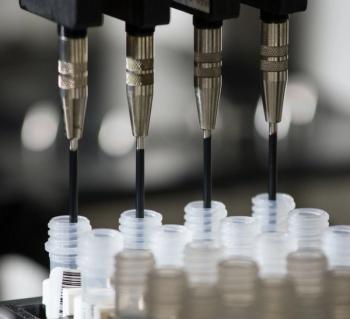
The furthest-progressed gene-edited therapy for a genetic disease reported historic efficacy data in ongoing phase 1/2 trials.
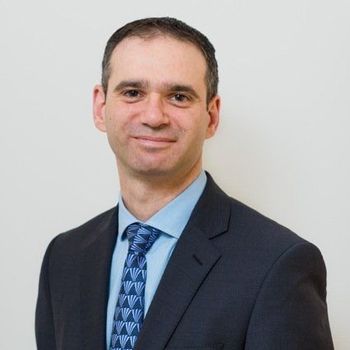
New phase 1/2 data shows AAV-RGPR may benefit a previously untreated population of inherited retina disease boys and young men.
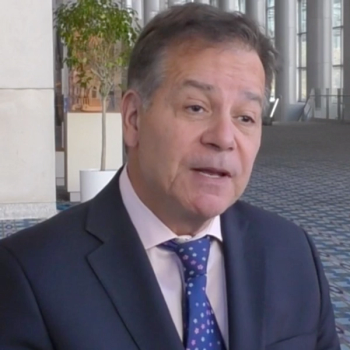
New findings from ESCaPE-MD show CD34+ cell therapy significantly benefitted patients with coronary microvascular dysfunction over 6 months.
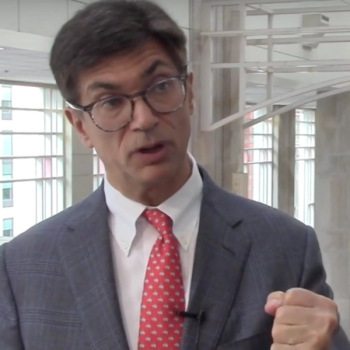
Despite an embrace of greater patient populations by the FDA, cardiovascular research into stem cell therapy has been slow and burdened.

As safety and efficacy programs advance, clinicians consider the investigative therapy's potential in cardiology.

BioMarin announced the investigative gene therapy reached pre-specified criteria for Factor VIII levels in adult patients with severe hemophilia A.
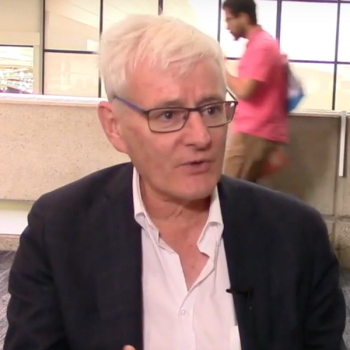
Previous analyses into MultiStem Cell Therapy have shown benefits and safety in stroke patients. What will it take for the therapy to reach a phase 3 trial for ARDS?
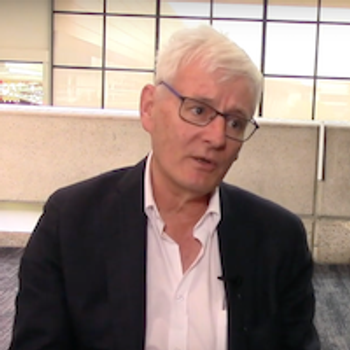
Early-stage study results from the multi-center MUST-ARDS trial show the ex-vivo adult progenitor cell-expanding therapy is capable of improving 28-day mortality, care burden, and overall safety in patients with ARDS.
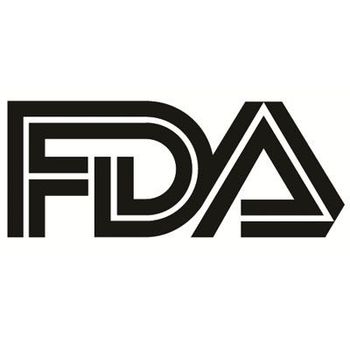
An Investigational New Drug application was approved to clinically assess AMT-130 as the first potential drug marketed for the neurodegenerative disease.

In an effort to reprogram retina cell regeneration, investigators activated dormant stem cells then aided other stem cells in developing into rod photoreceptor cells—the most abundant cell type in the retina which first aid the retina in sensing light.

The REGENXBIO drug's promising phase 1 results has led to the addition of a fourth patient dosing cohort and a phase 2 trial initiation.

How the three-year results of a gene therapy for inherited retinal disease may redefine its potential in ophthalmology.

A three-year update of VN for patients with biallelic RPE65 mutation-associated inherited retinal disease improved on the common standard-of-care for retina disease.

Though cell therapies have gained FDA approval to treat any ocular disease, companies have marketed predominately to patients with AMD, with procedures that could lead to blindness.

Published: February 12th 2021 | Updated:

Published: February 12th 2021 | Updated:

Published: July 20th 2017 | Updated:
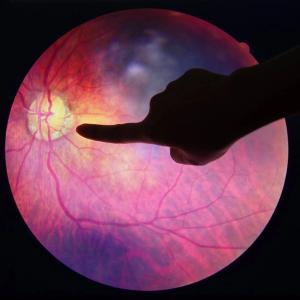
Published: November 16th 2017 | Updated:

Published: August 8th 2018 | Updated:

Published: December 8th 2020 | Updated: